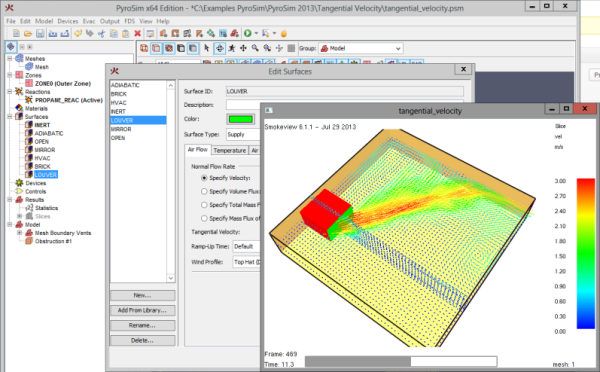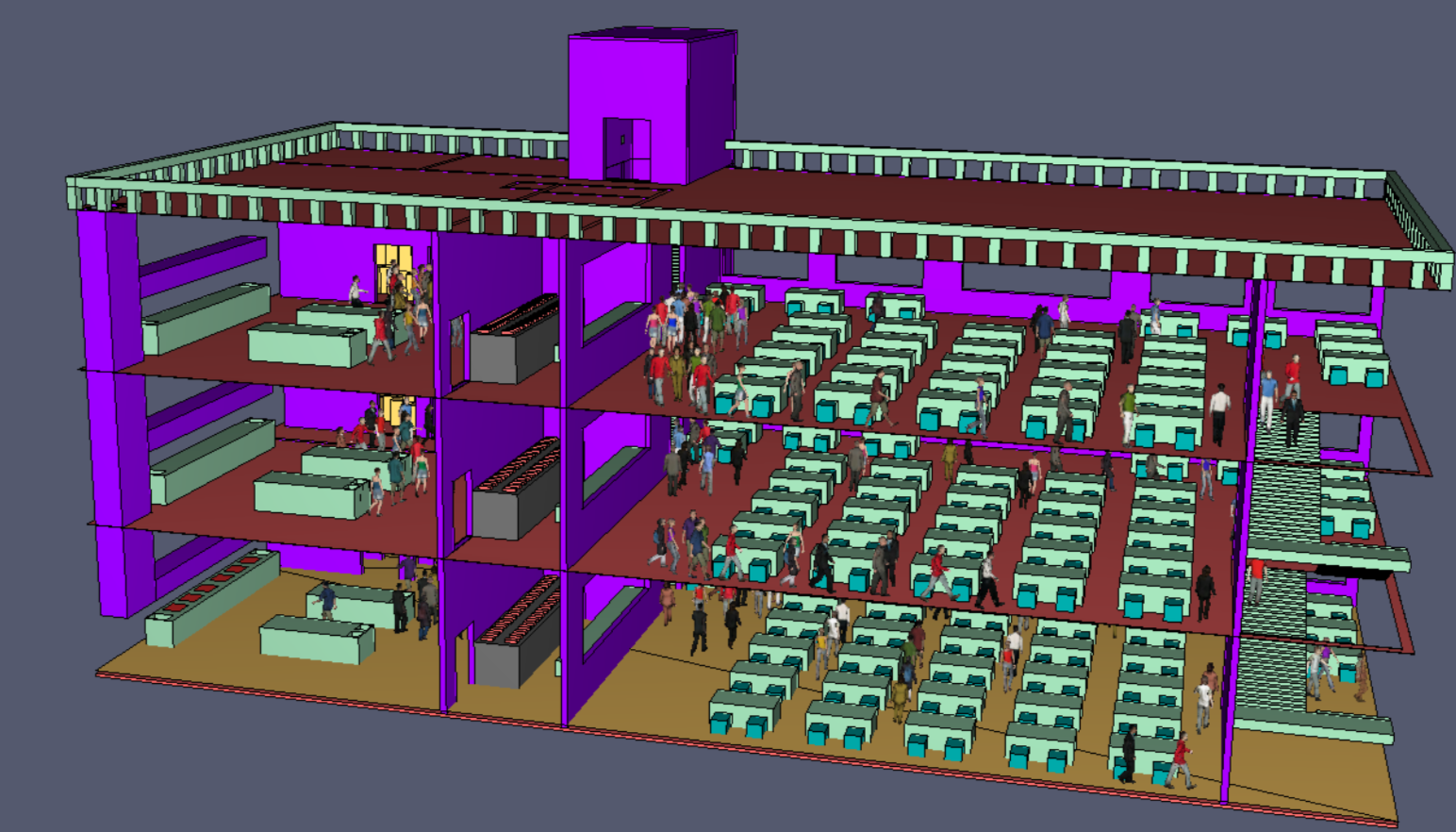


For example, if legged robots originally evolved for locomotion are then selected to locomote and grasp objects, computational evolution may re-purpose the robot's front legs into arms and grippers or, it may add manipulatory appendages onto the existing body plan. For biologists, our studies will provide insight into why and how particular structures evolved in nature.

Automatically-designed virtual robots can then be built as physical devices and deployed into real-world environments, to include those that are dangerous to humans. For roboticists, this work will enable computers to automatically design the body plans and neural controllers for robots that are more adaptive and robust than robots designed manually. The research is intended to make important contributions to robotics and biology. Importantly, evolution in these studies is task and behavior specific. The resulting evolutionary algorithm optimize virtual robots' neurological structures that control behavior and their body plans. Research under this award is pursuing an alternative approach: rather than copy existing biological systems, evolutionary dynamics are copied and connected in a virtual space. This raises the issue however of what from among the infinitude of existing biological structures should be copied. The prevailing approach to create such machines is to copy physiological and neurological systems observed in animals, and build them into robots. To date, relatively little success has been achieved in realizing machines that continually perform simple yet adaptive behaviors in unstructured environments (compared to a structured environment such as a factory). Primary Place of Performance Congressional District:Ġ40100 NSF RESEARCH & RELATED ACTIVIT 040100 NSF RESEARCH & RELATED ACTIVIT 040100 NSF RESEARCH & RELATED ACTIVIT University of Vermont & State Agricultural College Joshua Bongard (Principal Investigator) Sponsored Research Office:.UNIVERSITY OF VERMONT & STATE AGRICULTURAL COLLEGE IIS Div Of Information & Intelligent Systems CAREER: Investigating the Ultimate Mechanisms of Embodied Cognition NSF Org:


 0 kommentar(er)
0 kommentar(er)
